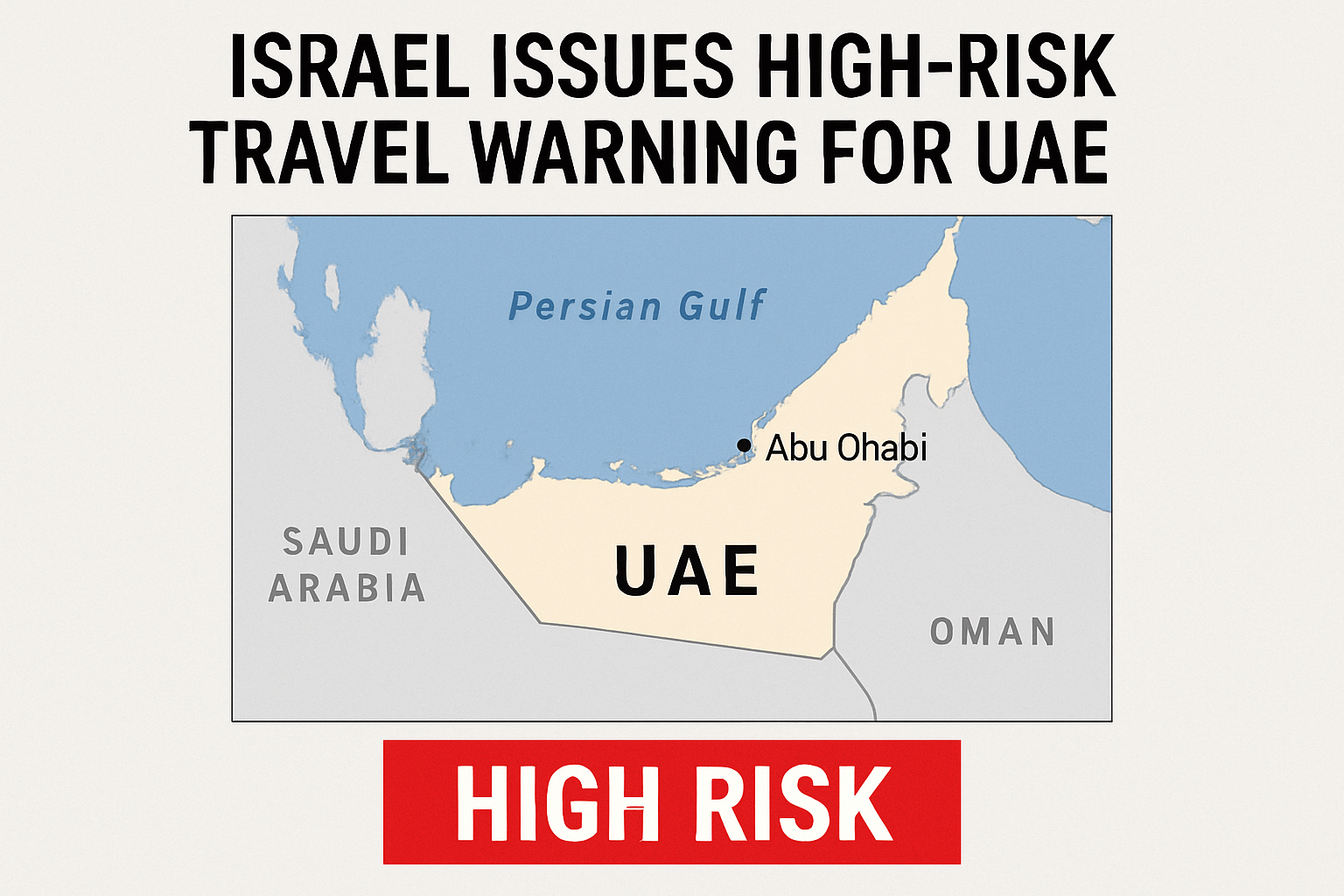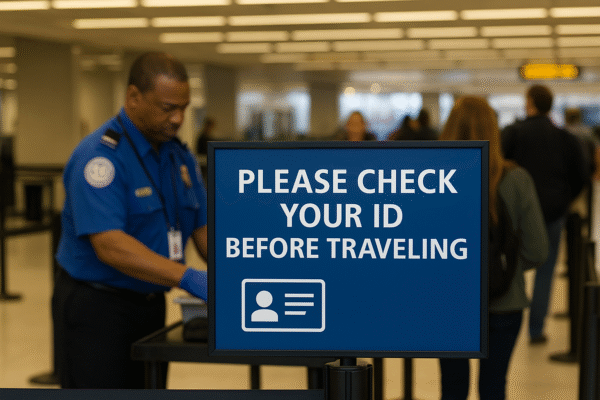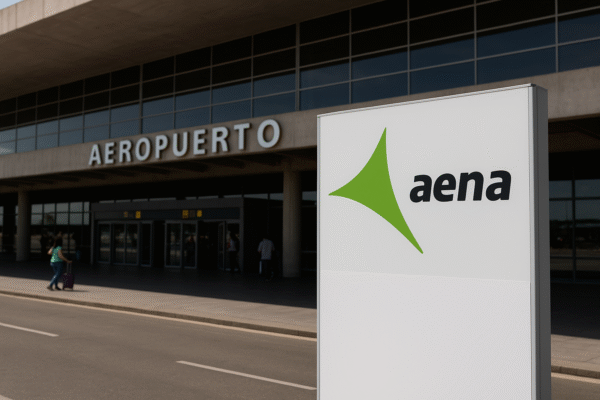Spain’s decision to increase airport passenger fees by 6.5% starting March 1, 2026, has ignited a storm of opposition, particularly from the country’s island territories, which rely heavily on affordable and frequent air connectivity. The price hike, announced by AENA (Aeropuertos Españoles y Navegación Aérea), will raise the per-passenger charge to €11.03, up from the current €10.35, affecting every departing traveler from Spanish airports.
The new pricing structure, approved in July 2025 by AENA’s board, is being met with strong resistance from regional governments, particularly those in the Canary Islands and Balearic Islands, where flying is not a luxury—but a lifeline.
Island Governments Sound the Alarm
The Canary Islands and Balearic Islands are geographically isolated and lack alternative transportation links to the Spanish mainland. With no rail or road options, air travel is essential for accessing education, healthcare, employment, and family services.
Leaders in Tenerife, Lanzarote, Majorca, and Ibiza have expressed concerns that the fare increase will exacerbate existing connectivity challenges. In an official statement, the Canary Islands Government emphasized that residents already face high travel costs and that this hike “jeopardizes equal access to the national transportation system.”
The Balearic Islands Council has similarly warned that the price increase could negatively impact both the local population and the 8 million annual tourists who arrive by air, many of whom are from the United Kingdom.
Tourism Industry Pushes Back
Tourism officials fear that the additional €0.68 per passenger, although seemingly minor, could accumulate into millions in extra costs for airlines and travelers—especially low-cost carriers that service the islands.
The Spanish Confederation of Hotels and Tourist Accommodation (CEHAT) and the Tourism Alliance of the Balearic Islands argue that the move is anti-competitive and risks eroding Spain’s reputation as an affordable destination. Critics also question the necessity of the increase in light of AENA’s record net profit of €1.934 billion in 2024, a figure confirmed by Spain’s National Securities Market Commission (CNMV).
Tourism stakeholders are urging AENA to reinvest profits into improving airport infrastructure, citing service disruptions and declining passenger satisfaction scores across several major hubs in 2025.
AENA Defends Financial Strategy
AENA, which operates more than 40 airports across Spain, has defended the price increase as necessary to maintain financial independence. Unlike other European airport operators, AENA receives no direct support from the General State Budget and must remain self-sustaining through fees and commercial activity.
The company claims the 6.5% adjustment is based on updated macroeconomic forecasts and the need to support ongoing infrastructure upgrades, particularly in light of projected passenger traffic growth to over 300 million annually by 2030.
AENA also highlighted recent capital investment projects, including Madrid-Barajas Terminal 4 expansion and renewable energy integration across regional airports, as examples of long-term improvements financed by airport revenues.
UK Holidaymakers May Rethink Travel Plans
The United Kingdom remains Spain’s largest inbound tourism market, accounting for over 18 million visitors in 2024, according to Turespaña. British travelers are especially fond of island destinations like Majorca, Lanzarote, and Tenerife for their affordability and direct low-cost flight connections.
However, the upcoming fee hike—combined with rising airfares, post-Brexit travel insurance requirements, and ongoing inflation—could deter price-sensitive UK travelers. Experts from the Association of British Travel Agents (ABTA) suggest travelers may shift to other Mediterranean destinations such as Portugal, Greece, or Turkey, where travel costs remain comparatively lower.
Calls for Exemptions and Policy Adjustments
Regional leaders are now lobbying for special exemptions for island residents and potentially for international travelers arriving on essential routes. Discussions are also underway in the Spanish Senate to explore subsidies or offset mechanisms to ensure that the fee hike does not disproportionately impact underserved regions.
The Minister of Transport and Sustainable Mobility, Óscar Puente, has acknowledged the backlash and indicated that the government is open to “dialogue and regional cooperation” ahead of the final implementation.
Meanwhile, the European Commission has also received preliminary inquiries about whether such increases violate EU principles of territorial cohesion and transportation equity, especially in remote regions dependent on air access.
Broader Implications for Spanish Tourism Strategy
With Spain targeting 100 million international visitors by 2030, any disruption to air connectivity risks undermining its global tourism strategy. The current debate highlights the delicate balance between financial viability and equitable access, particularly for communities where travel infrastructure is a public necessity.
As negotiations continue, the situation will test the strength of public–private partnerships, the responsiveness of national policy to regional concerns, and the adaptability of Spain’s tourism model amid mounting economic pressures.
What’s Next?
With the new fee set to take effect on March 1, 2026, island governments, tourism boards, and aviation bodies still have time to influence the final rollout. Whether through policy reform, targeted relief, or revenue reinvestment, stakeholders are determined to ensure that affordability and accessibility remain central to Spain’s air travel ecosystem.
For UK travelers planning summer 2026 holidays, Spain’s upcoming airport charge may be more than a minor fee—it could signal a paradigm shift in where and how European vacations are planned.
For more travel news like this, keep reading Global Travel Wire


















